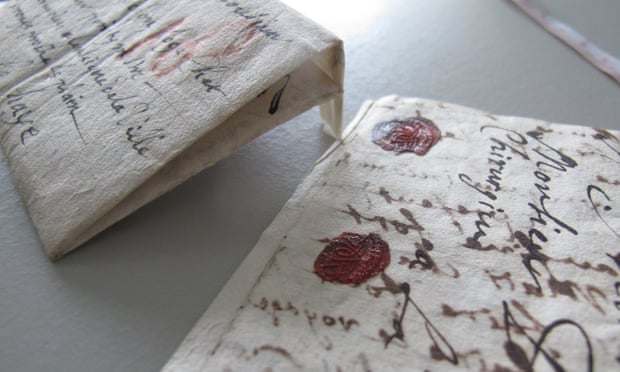So here we are again with another round of links to interesting (or amusing) items you may have missed previously. I’ve decided to try splitting the items into sections, starting with the scientific and ending with the more light-hearted.
Science & Medicine
Let’s start off with the most important question ever … Are Cats Domesticated?
I think this next item could well be a top nominee for “research of the year” and maybe even an Ig Nobel. The headline reads: Old Mice Drinking Champagne Three Times A Week Navigate Labyrinths Better.
And so from one of cats’ main prey items to another — birds. It seems that there are some interesting mechanisms underlying the colour of birds’ plumage, and it isn’t all down to pigmentation.
So what do we really know about nutrition? It seems that in really scientific terms the answer is “not a lot” because most of the studies which have been done are of such poor quality. Aaron Carroll takes the studies apart.
It’s a bit late for Halloween now, but here’s a piece on some of the chemistry of blood.
Why do germs spread better in winter, when one would think that the cold weather would kill them off? Scientists are at last unravelling the actuality.
There is no hope. We are all doomed. It seems that the changes in our sense of humour as we age may be the early signs of losing our marbles altogether.
Touching. Some like it, others don’t. And we all have areas where we don’t like to be touched. Research has recently mapped out this awkwardness with being in physical contact with other people.
Excuse the question, but have you had a good shit lately? The chances are that none of us have, as scientists are telling us we’ve been doing it all wrong — at least since the advent of the flush toilet. But I have to ask how this is new news? It is something I’ve known for about 40 years and was based on research then!
Many (maybe all) of us are not a single genetic being; we have some level of chimerism. We likely all contain our mother’s cells; maybe our older siblings’ cells too; and mothers may also contain their children’s foetal cells. But it seems, that at least for mother, this may be a good thing.
And these cases of chimerism come to the fore where paternity tests throw up unexpected results. Oh, and maternity tests!
Anatomical question of the week … Why is the human vagina so big?
Sexuality
One American father has done his kids proud by following the Dutch model of sex advice. And guess what? It’s a model that works.
Social Sciences & Business
Seems the culture of overwork is erroneous and that working fewer hours really would make us more productive. Now why did I fairly strictly control the hours I spent in the office?
Time. We seldom have enough. But where does all your time go? [Long read]
Language
We have countless words for colours and even sounds, but why do most languages have very few words for smells?
History
The Tampon: A History. [Long read]
OK, so it was invented by the Sumerians, but what is Cuneiform anyway?
He was a mathematician, magician, astronomer, astrologer, occultist, alchemist and spy; and he lived during the reign of Elizabeth I. Who was he? Yes he was Dr John Dee. London’s Royal College of Physicians is putting on an exhibition about John Dee, from 18 January 2016.

The Dutch have made a truly stunning find. A trunk of over 2500 undelivered 17th century letters, many from ordinary people giving often unrecorded details of everyday life.
Another in IanVisits’s series on “Unbuilt London”; this time how to turn St James’ Park into a giant roundabout.
Coming even further up to date IanVisits (again) takes a trip through the tunnels of London’s mothballed Post Office railway.
Food & Drink
Those of you who will be roasting a giant sparrow for Christmas dinner might need to get your oven ready now.
There’s coffee, and then there’s the perfect cup of coffee — as explained by a Chemistry teacher.
Shock, Horror, Humour
Having been on the receiving end of one, Harry Mount considers the secret brilliance of Prince Philip’s “gaffes”.
That’s all, folks!
